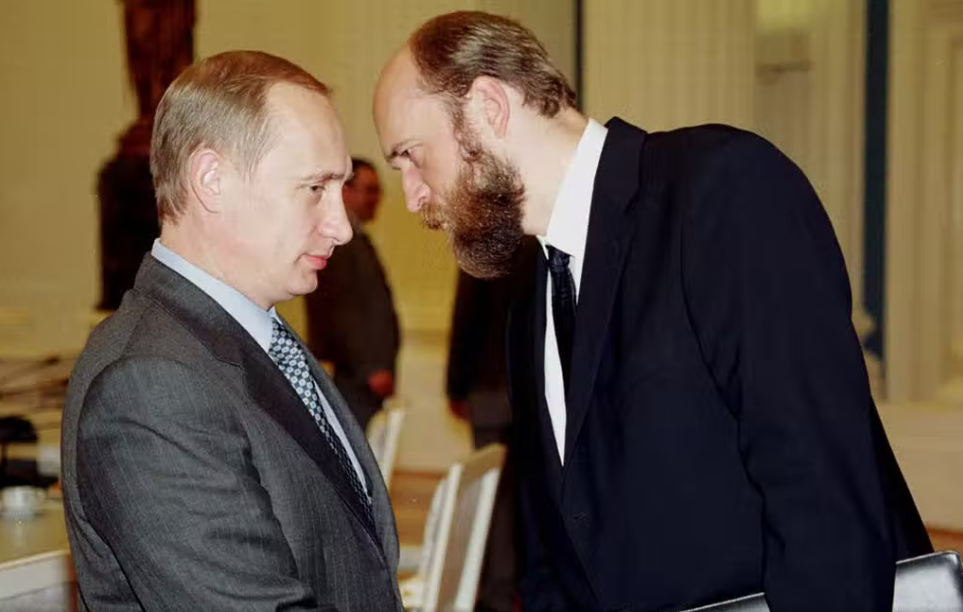Are Sergei Pugachev’s Offshore Family Trusts Safe from Putin’s Assaults?

This article delves into a classic trust case from 2017 in London: JSC Mezhdunarodniy Promyshlenniy Bank v Sergei Pugachev and others [2017] EWHC 2426. The case is particularly noteworthy as it examines whether a trust can truly safeguard assets under the most extreme circumstances. And when we say extreme, we mean it—both the plaintiff and defendant in this case are larger-than-life figures.
The plaintiff is JSC Mezhdunarodniy Promyshlenniy Bank (referred to as “M Bank”), a Russian bank that went bankrupt in 2010 and is now managed by liquidators. These liquidators are under the Deposit Insurance Agency of Russia, which essentially means the plaintiff represents the Russian government.
The defendant is Sergei Pugachev, the former owner of M Bank. Pugachev is no ordinary individual—he was once a key oligarch during Putin’s rise to power, often referred to as Putin’s “kingmaker.” At the height of their relationship, Pugachev and Putin met daily until the early hours of the morning, earning Pugachev the infamous nickname “Putin’s Banker.”
However, the relationship soured over time. In 2010, M Bank collapsed with a $2.2 billion deficit. Pugachev fled Russia in 2011 and renounced his Russian citizenship in 2012, becoming a French citizen. By 2014, the Russian government accused him of embezzling $1 billion from M Bank and successfully froze all his offshore assets. Putin didn’t stop there—he pursued legal action in the UK to force Pugachev to surrender five trust-held assets worth approximately $95 million. The legal argument was that these trusts were sham or illusory trusts, meaning the assets still belonged to Pugachev and should be returned to M Bank’s liquidators. These assets were likely Pugachev’s last remaining holdings.
(For a detailed discussion on sham and illusory trusts, check out our dedicated article.)
When former allies become sworn enemies, the fallout can be catastrophic. Beyond confiscating all of Pugachev’s assets in Russia (which Pugachev claims were worth $15 billion, or over 100 billion RMB), Putin extended his reach to Pugachev’s overseas assets, including those held in trusts.
So, under the extreme challenge of a sovereign nation like Russia, can a trust truly protect Pugachev’s assets? In 2017, the English High Court issued its judgment. Let’s examine Pugachev’s trusts and the court’s reasoning and outcome.

